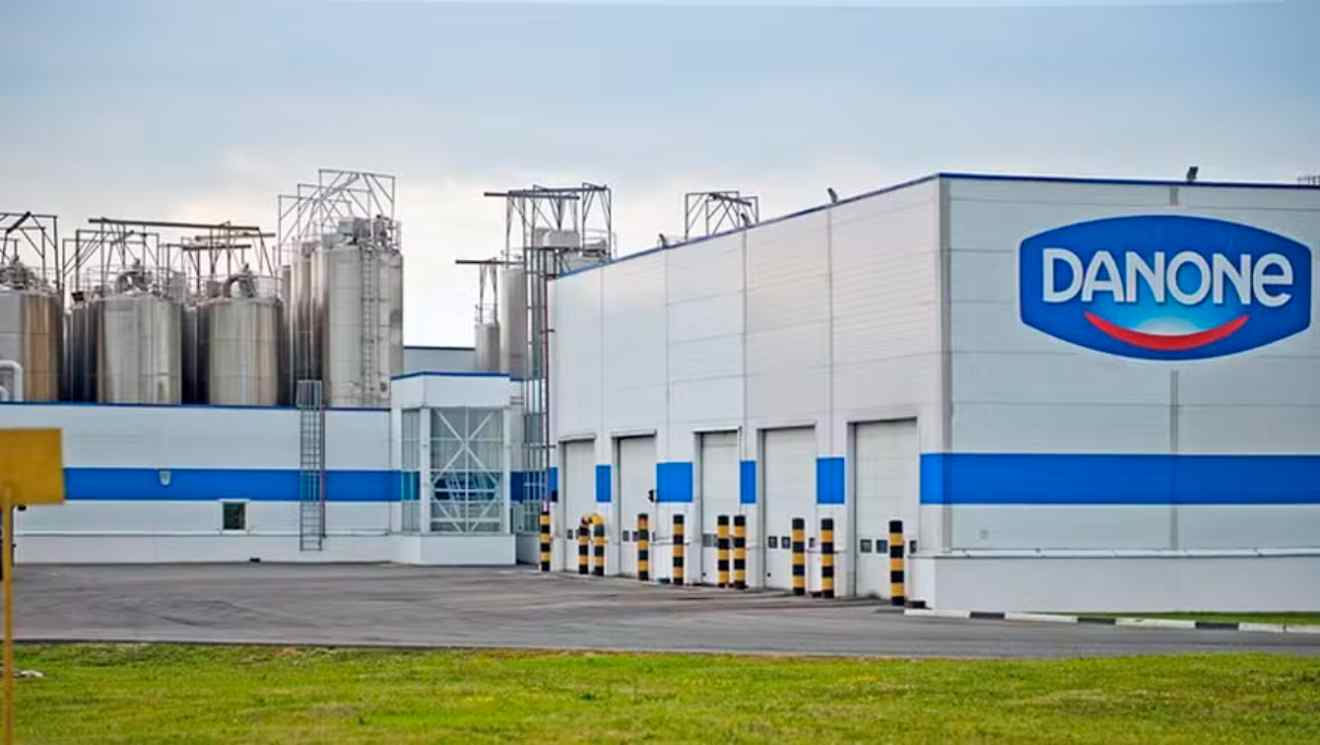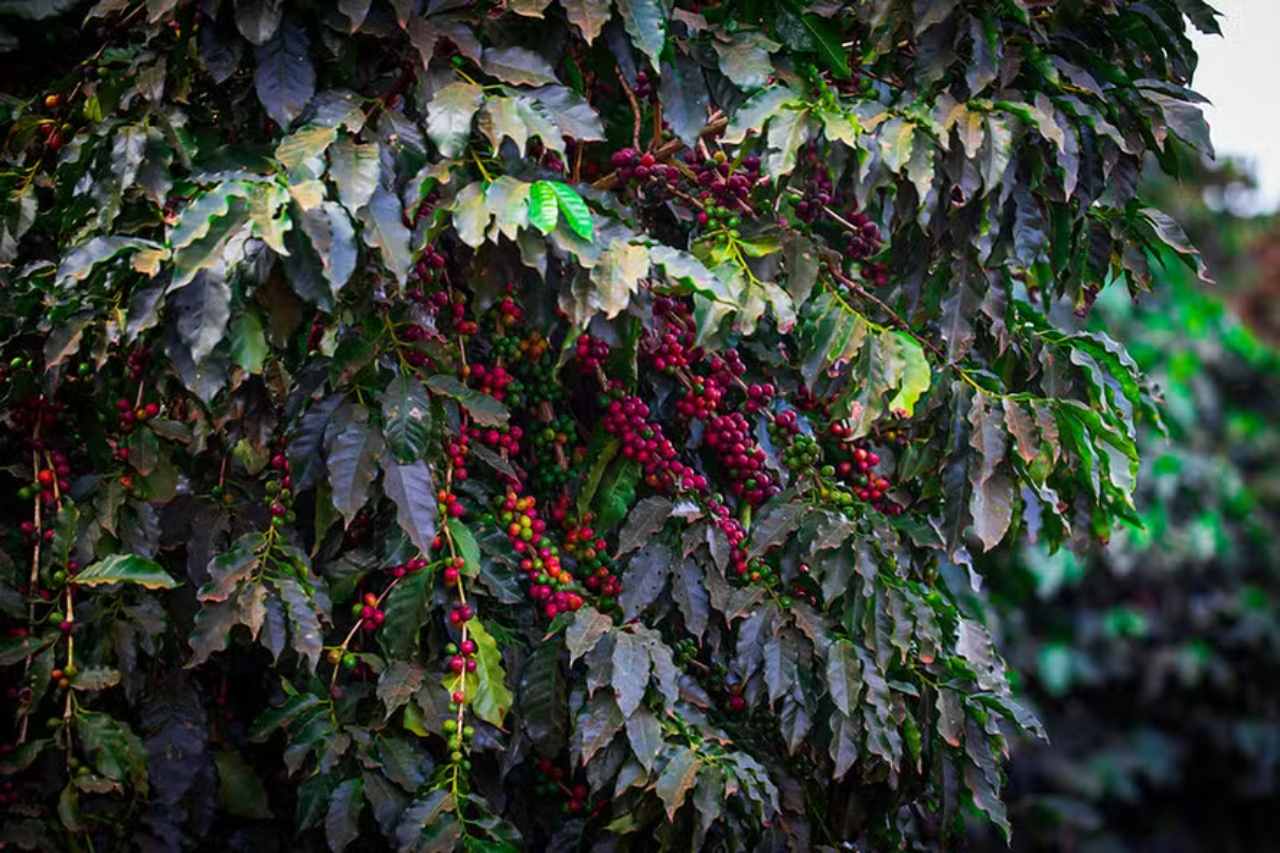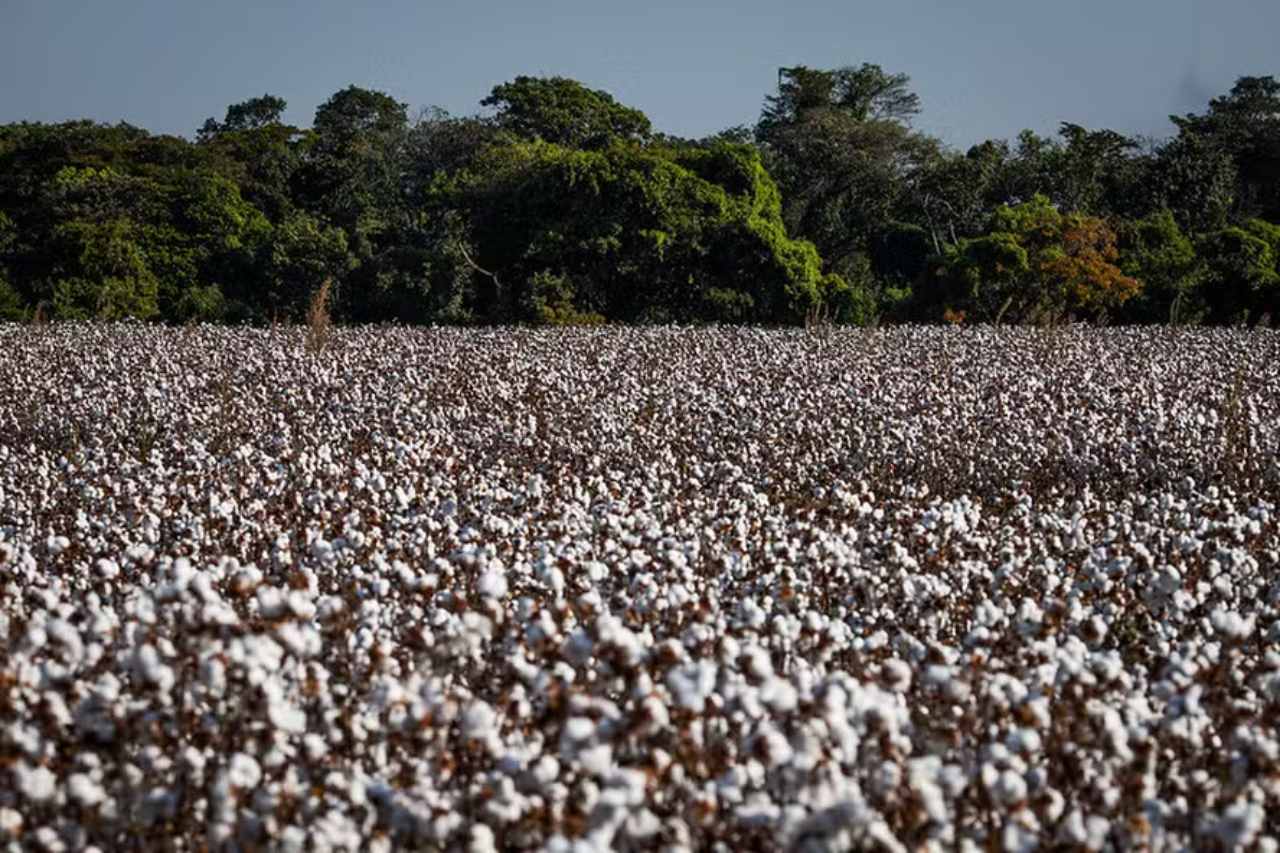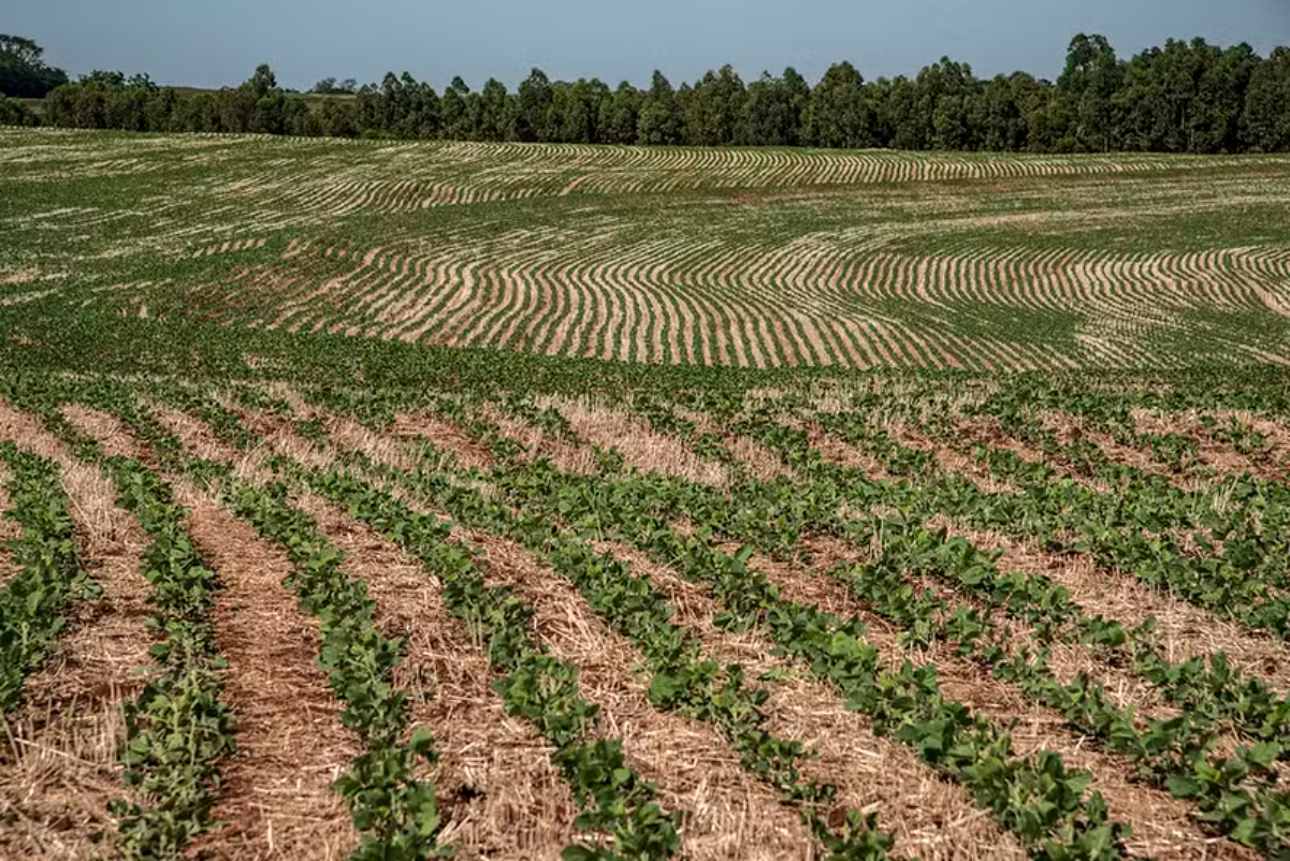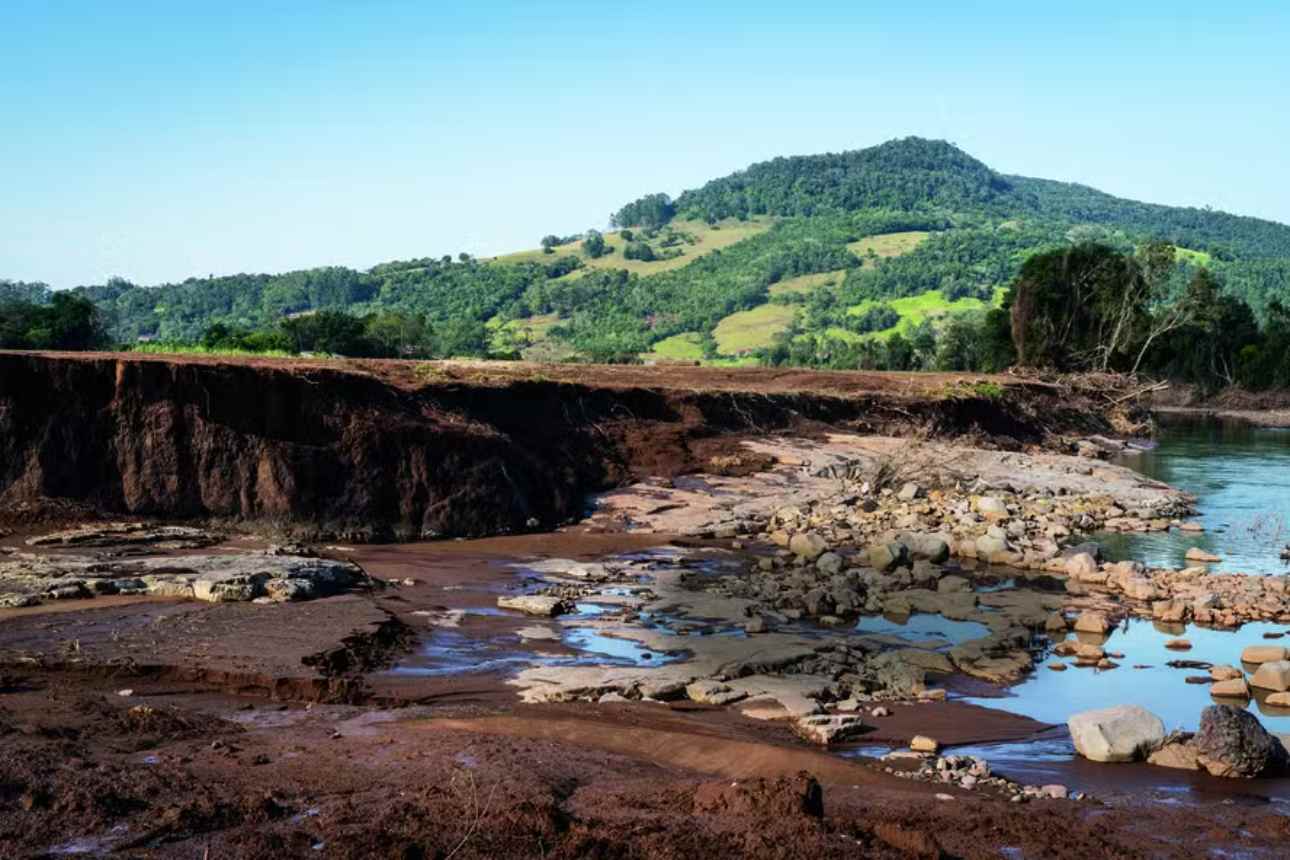Decision Comes Amid New EU Regulation on Deforestation
The Brazilian Association of Soybean Producers (Aprosoja Brasil) has expressed its stance regarding the French giant Danone’s decision to halt soybean purchases from Brazil, citing claims of non-compliance with European legislation. Aprosoja labeled the move as a “disregard for the Brazilian production process” and a “discriminatory act against Brazil and its sovereignty.”
Last week, Danone announced that it has stopped importing soy from Brazil and is now sourcing the ingredient from Asian countries. This decision comes in light of the new EU anti-deforestation law, which requires companies to prove the sustainable sourcing of their raw materials. The company used 262,000 tons of soy-based products in 2023, primarily for feeding its cows.
According to Aprosoja, Danone’s decision is already causing harm to Brazil, even before the new EU legislation takes effect, which still needs approval from the European Parliament and may have its implementation postponed by a year. The association emphasized that this action could be challenged by the Brazilian government in international trade regulatory bodies, due to its “punitive, discriminatory, and coercive” nature.
Aprosoja also suggested that the Brazilian government notify the European Union to amend its legislation and, if necessary, prepare a list of values that Europe should reimburse Brazil for the damages incurred. If this is not addressed, the association proposed seeking compensation through the World Trade Organization (WTO).
Regarding sustainability, Aprosoja highlighted that Brazil has already achieved net zero deforestation for some time. The association stated that while deforestation does occur, natural vegetation also regenerates, contesting the notion that Brazil leads in tropical forest destruction.
“The claim that Brazil leads in tropical forest destruction globally is made by those unaware of the dynamics of forests in Brazil. Worse still, it discriminates against the only soybean producer in the world that preserves the environment and water resources within its properties,” stated Aprosoja representatives. They emphasized that Brazilian soybean producers strictly adhere to the Forest Code, preserving between 20% and 80% of their properties for Legal Reserve and conservation areas.
“This means that the Brazilian soybean producer is the only one in the world who preserves the environment for Brazil and humanity, refraining from planting in the preserved area. In other words, they are also the only ones investing out of their own pockets in environmental preservation. Comparatively, French producers preserve almost nothing,” the statement noted.
Finally, Aprosoja questioned where Danone will find “more environmentally sustainable” soy with better nutritional characteristics than that produced in Brazil, suggesting that the company’s actions may lead Brazilian producers to reconsider their business relationships.

